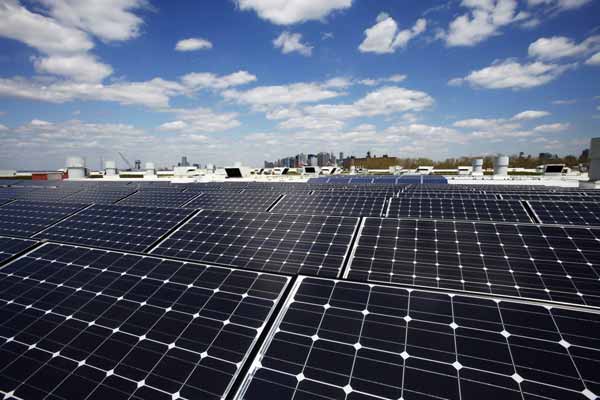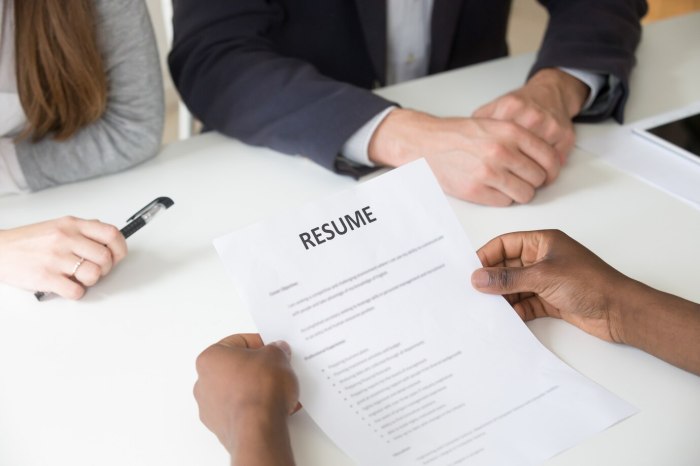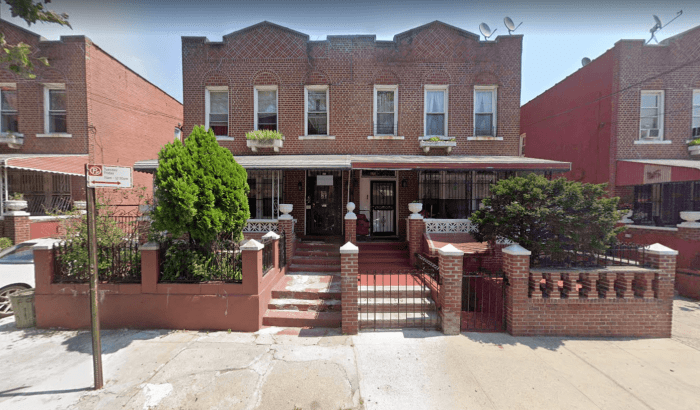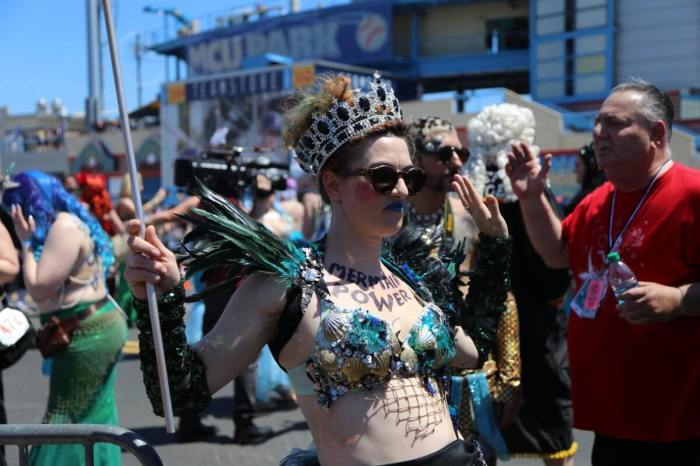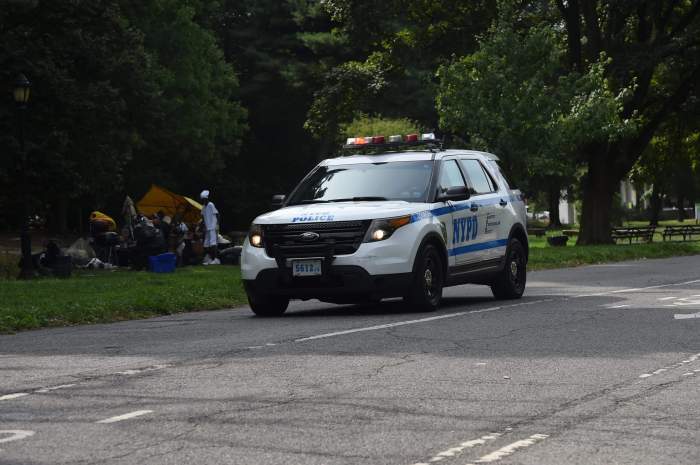Brooklyn businesses and elected officials are pushing to make the borough a national leader in the transition to renewable energy, and the Brooklyn Chamber of Commerce is working to help them meet their goals.
Last week, the civic group, which works to support and connect local businesses, held the 2022 Brooklyn Energy Summit & Expo to connect local innovators in the renewable energy spheres and host discussions on maximizing energy efficiency and savings, engage the local community, and develop Brooklyn’s renewable-energy workforce.
To achieve carbon neutrality by 2050 and restrict the damage climate change is causing to New York, the city in 2019 committed to only use clean electricity for all operations by 2040 and set a goal of generating 1000 megawatts of solar energy citywide by 2030 — enough energy to power 250,000 homes. So far, the city has passed local laws that require solar panels or green roofs on all new buildings — but some Brooklynites are looking beyond policies that focus on the future.

“Its not just about renewable energy, that’s part of it, but it’s about building retrofit,” said Randy Peers, President and CEO of the Brooklyn Chamber of Commerce. “It is easier to say, ‘We are going to build a new building that is energy compliant, carbon neutral and we are going to incorporate, from the get-go, technology that allows energy efficiency.’ It’s tougher in places like Brooklyn where property owners of pre-war buildings need help and incentives. A lot of buildings in Brooklyn depend on fossil fuel and they are not adaptable.”
Companies and organizations are providing alternatives around renewable energy and aiding in the process of decarbonizing already-existing infrastructure while leveraging innovative technology.
The chamber assembled a panelist of experts at the June 21 expo to tackle the biggest issues Brooklyn is facing if the borough is to meet city and state climate goals.
On the technical and political side, there were representatives from Con Ed; the largest New York utility provider, the New York State Energy Research and Development Authority, Equinor, U.S. Energy Storage Development, and National Grid; a multinational electricity and gas utility company who provide utilities to millions of New Yorkers.
At the center of the discussion was the federal Build Back Better Act. The yet-to-be-passed bill includes clean energy provisions, a $320 billion investment in clean energy and electric vehicle tax credits that would be expected to fulfill U.S. President Joe Biden’s goal of cutting greenhouse gas emissions by 50% by 2030 nationwide. The bill passed the House of Representatives, but failed to pass in the Senate after Senator Joe Manchin, a Democrat representing West Virginia, said he would not support the plan. The Senate has moved onto a host of other issues, leaving the future of Build Back Better hazy.
“Although the Build Back Better Act is in limbo now at the Senate level, the funds allocated for this clean energy transition at a national level,” said Shaun Hoyte, section manager of Con Ed’s Clean Energy Academy. “It may seem like a drop in a bucket, but we need to follow the money.”
New York representatives, scientists and activists fear there is no time to waste when it comes to taking climate action.

“Every major league actor that our society has, worldwide, has recognized the mistakes of our past,” said the President of the New York League of Conservation Voters, Julie Tighe, in regards of pollution from fossil fuels. “We are having conversations about the evolution of our society and people are engaged, in New York at least. Washington can’t get their act together although I still hope Senator Schumer will get some kind of major climate action.”
The panel also included Mark Chambers, senior director for building emissions and community resilience at the White House Council on environmental quality. Chambers leads the Biden-Harris Administration’s climate policy development for the built environment as part of a whole of government approach to the climate crisis. He previously served as the Director of the New York City Mayor’s Office of Sustainability.
To keep things local, the chamber also invited Reflective Energy Solutions; a energy efficiency assessing company, American Association of Blacks in Energy (AABE); an association of energy professionals focused inputting minorities into the discussion and development of energy policies, regulations, and tech development, Slow Factory; school of climate justice and social inequity through regenerative design and others.
“Jobs are here,” said William Suggs, president of the AABE. “We are not training enough young people to take engineering jobs, to be master electricians, testers, mechanics. This union jobs are some of the best-paid out here. Young people are making $140,000 dollars a year.”
The AABE has an energy academy and offers scholarships for high school graduates and programs for young people starting at the age of nine to introduce them to science and the energy industry.
“The goal is to engage in a community wide and community focused conversation on how we are going to undertake this massive cultural, technological and practical shift in the energy space,” Peers said. “We need a workforce, a skilled workforce that’s going to be able to implement a lot of this change. In Brooklyn, we’ve cultivated a lot in the energy-tech sector, so I think Brooklyn can be a nation leader in the energy transition.”


